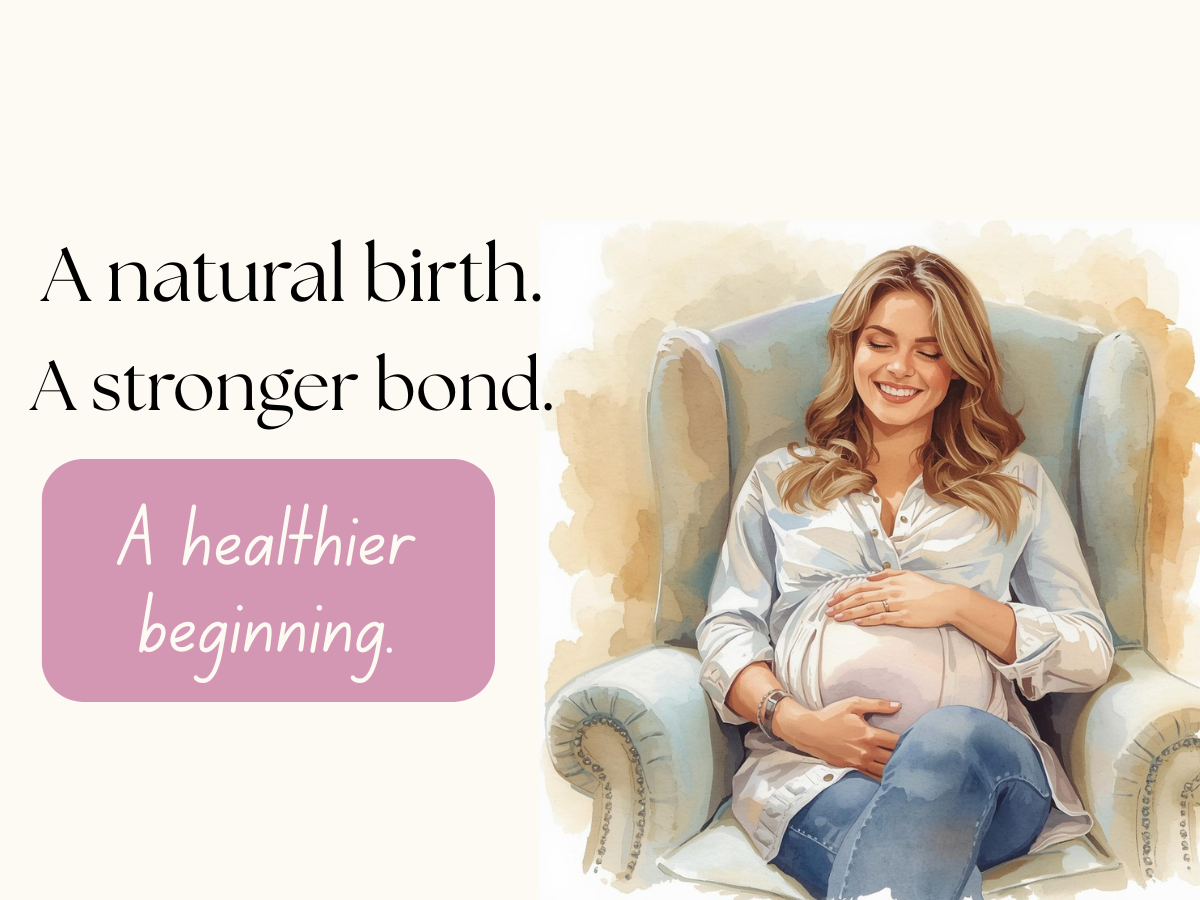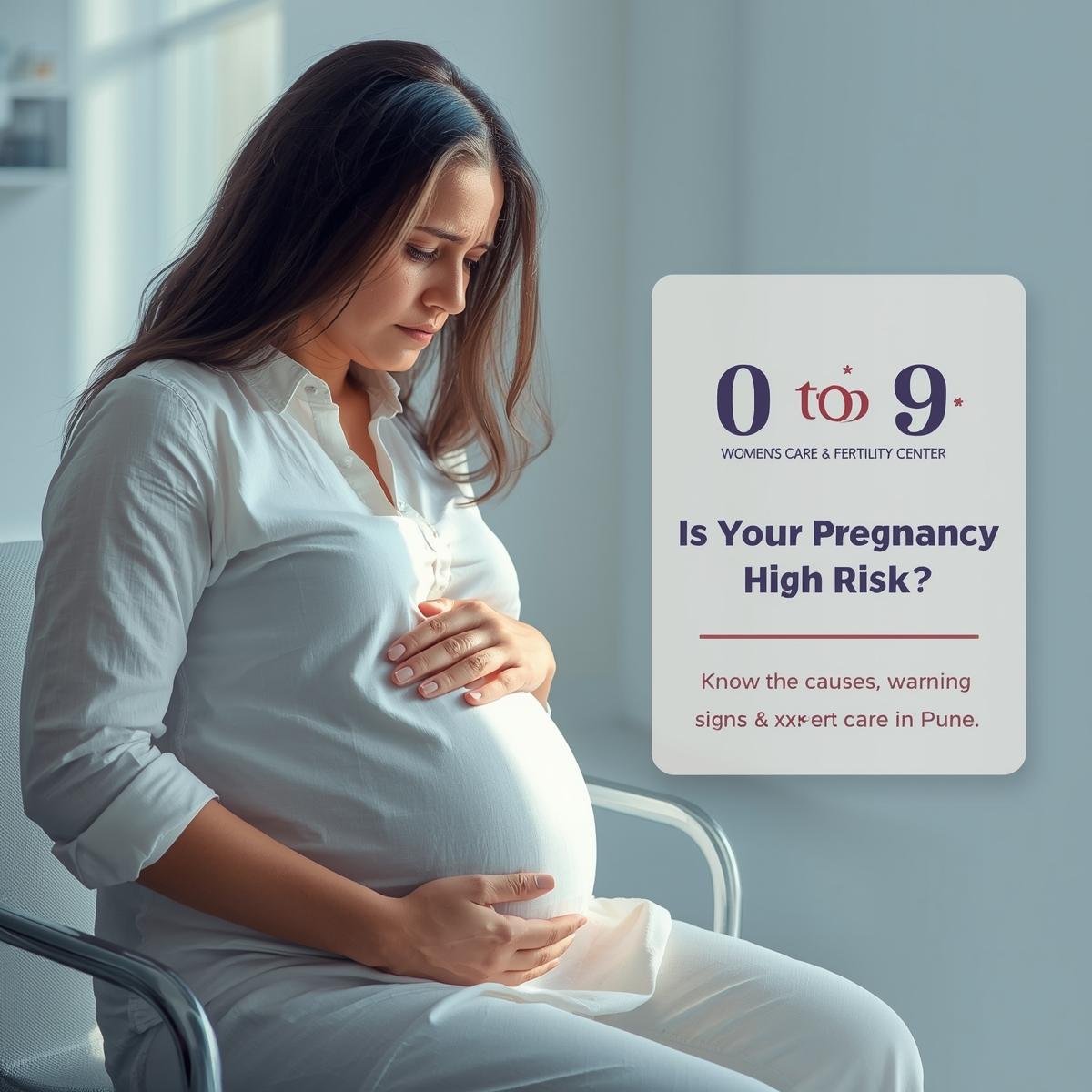Our Services
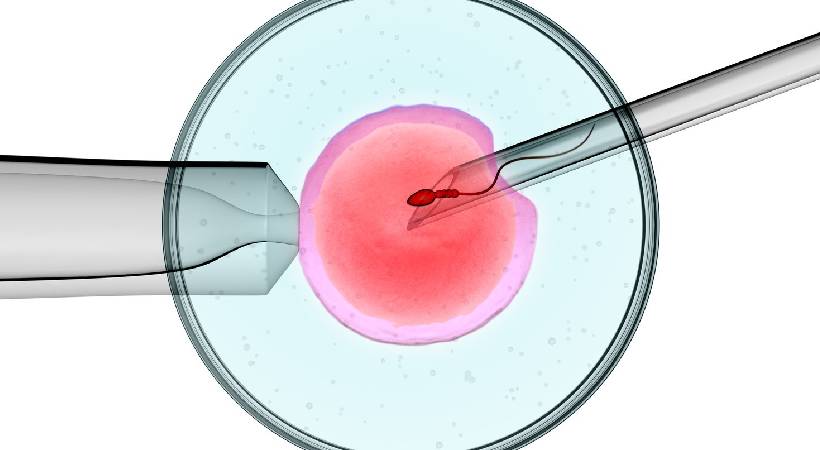
Introduction to IVF (In-Vitro Fertilization)
In-Vitro Fertilization (IVF) is a type of assisted reproductive technology (ART) where an egg and sperm are combined outside the body to create an embryo. The fertilized embryo is then transferred into the uterus for implantation. IVF is commonly used for couples with fertility issues or reproductive disorders, and it has become a widely available treatment for various infertility causes.
IVF Procedure
The IVF process typically takes several weeks, involving multiple steps to ensure successful fertilization and embryo transfer. Here’s an overview of each stage:
1. Ovarian Stimulation (Superovulation)
- Medications: Hormonal injections (gonadotropins) are given to stimulate the ovaries to produce multiple eggs rather than just one, increasing the chances of fertilization.
- Monitoring: The patient’s response to the medication is monitored with regular blood tests and ultrasounds to track follicle development.
2. Egg Retrieval (Aspiration)
- Procedure: When the eggs are mature, they are collected through a minor surgical procedure called aspiration. This is done under sedation or anesthesia, where a thin needle is inserted through the vaginal wall into the ovaries to collect the eggs.
3. Fertilization
- Insemination: The eggs are then mixed with sperm in the laboratory. If sperm motility or count is a concern, ICSI (Intracytoplasmic Sperm Injection) may be used, where a single sperm is injected directly into the egg.
- Culture: The fertilized eggs (embryos) are cultured in the lab for 3-5 days, during which they are monitored for growth and development.
4. Embryo Transfer
- Procedure: Healthy embryos are selected and transferred into the woman’s uterus. This is a non-surgical procedure and is usually painless. It’s done with the help of a thin catheter.
- Timing: Embryo transfer typically occurs on Day 3 or Day 5, depending on the embryo’s development.
5. Pregnancy Test
- About 10–14 days after the embryo transfer, a blood test is performed to check for pregnancy by measuring levels of hCG (human chorionic gonadotropin), a hormone produced during pregnancy.
Indications for IVF
IVF may be recommended for individuals or couples facing the following fertility challenges:
- Male Factor Infertility: Low sperm count, poor sperm motility, or abnormal sperm shape.
- Female Factor Infertility:
- Blocked or damaged fallopian tubes.
- Endometriosis.
- Ovulatory disorders (e.g., PCOS or premature ovarian failure).
- Recurrent miscarriage.
- Unexplained Infertility: No specific cause can be identified after standard tests.
- Advanced Maternal Age: Women over 35 who experience reduced egg quality or quantity.
- Genetic Disorders: Pre-implantation genetic testing (PGT) can be done to screen for genetic disorders in embryos before implantation.
- Same-Sex Couples or Single Women: Using sperm or egg donation.
Success Rates of IVF
IVF success rates vary depending on several factors:
- Age: Success rates are highest for women under 35, where the success rate can be around 40–50%. For women aged 35–37, it’s approximately 30–40%, and it declines further for women over 40.
- Cause of Infertility: Success rates can be higher for women with male infertility issues or those with unexplained infertility.
- Number of IVF Cycles: Multiple cycles increase the chances of a successful pregnancy. On average, about 3 cycles may be recommended for optimal outcomes.
Risks and Complications of IVF
While IVF is a safe and effective treatment, there are potential risks:
1. Multiple Pregnancies
- The transfer of more than one embryo increases the risk of multiple pregnancies (twins, triplets, etc.), which can lead to complications such as preterm birth, low birth weight, and higher health risks for both mother and babies.
2. Ovarian Hyperstimulation Syndrome (OHSS)
- Overstimulation of the ovaries due to fertility medications can lead to OHSS, causing swollen ovaries, fluid retention, and abdominal pain. Severe cases can require hospitalization.
3. Ectopic Pregnancy
- In rare cases, the embryo may implant outside the uterus (usually in the fallopian tube), leading to an ectopic pregnancy that requires medical intervention.
4. Emotional and Psychological Stress
- IVF can be physically, emotionally, and financially taxing. Couples may experience stress, anxiety, or depression due to the uncertainty of the outcome.
5. Complications with Egg Retrieval
- While egg retrieval is a relatively safe procedure, there are small risks of infection, bleeding, or injury to nearby organs (e.g., bladder, intestines).
Conclusion
IVF is a highly effective and widely used treatment for infertility, offering hope to many couples struggling to conceive. While the process can be emotionally and physically challenging, the success rates are promising, especially when paired with proper counseling and support. Advances in IVF technology, such as genetic screening and improved culture techniques, continue to enhance the chances of success. Consulting with a fertility specialist is crucial to understanding whether IVF is the right choice based on individual health conditions and reproductive needs.
We’d love to hear from you !
Our Gallery
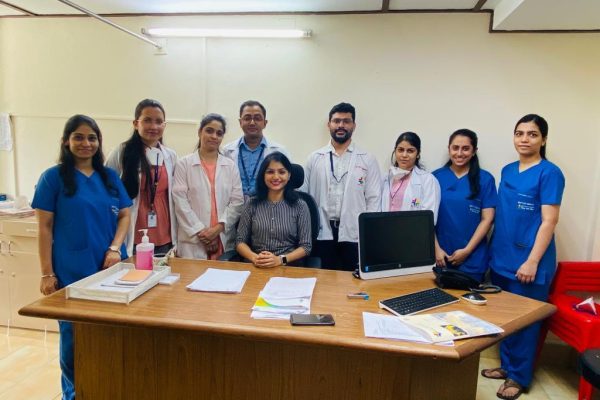



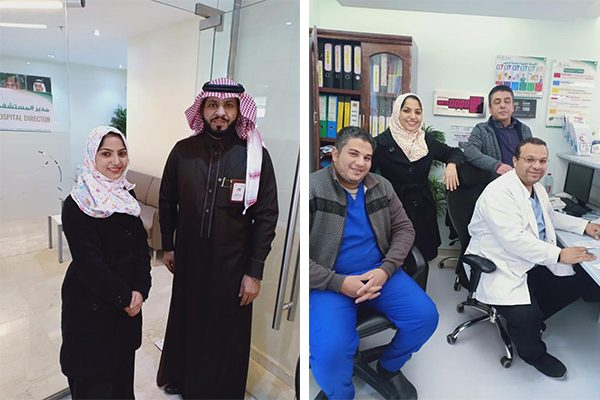



Unveiling New Horizons in Fertility, One Article at a Time
Who Is at Higher Risk for Ectopic
Expert Insights by Dr. Rashmi Bhamare – 0 to 9...
Benefits of Normal Delivery: Expert Care by
Pregnancy is a beautiful journey, and choosing the right care...
First Trimester Struggles: Gentle Guidance from a
First Trimester Struggles: Expert Pregnancy Care by a Gynecologist in...
Navigating High-Risk Pregnancy: Expert Guidance and Care
Finding out your pregnancy is “high-risk” can trigger a wave...


